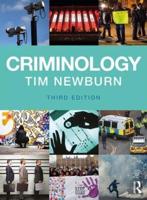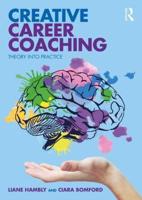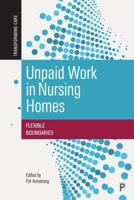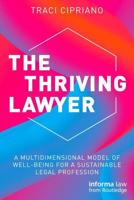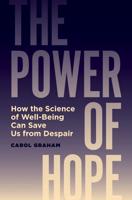Publisher's Synopsis
This book aims to make the case for and provide some of the resources necessary to reimagine rehabilitation for twenty-first-century criminal justice. Outlining an approach to rehabilitation which takes into account wider democratic processes, political structures and mechanisms of resource allocation, the authors develop a new model of rehabilitation comprising four forms - personal, legal, social and moral.
Personal rehabilitation concerns how individuals make their journeys away from offending and towards reintegration and how they can be supported to do so, whilst legal rehabilitation concerns the role of the criminal courts in the process of restricting and then restoring the rights and status of citizens. Moral rehabilitation is concerned with the ethical basis of the interactions between the individual who has offended and the people and organisations charged with providing rehabilitative services. Social rehabilitation explores the crucial contribution civil society can make to rehabilitation, exploring this through the lens of citizenship, community and social capital.
Drawing on the conceptual insights offered in the late Stan Cohen's seminal work - Visions of Social Control - and specifically his insistence that modern social institutions can aspire to doing good and doing justice, the authors argue that these values can underpin a moral pragmatism in designing social interventions that must go beyond achieving simply instrumental ends. Reimaging rehabilitation within the context of social action and social justice, this book is essential reading for students and scholars alike, particularly those engaged with criminal justice policy, probation and offender rehabilitation.


